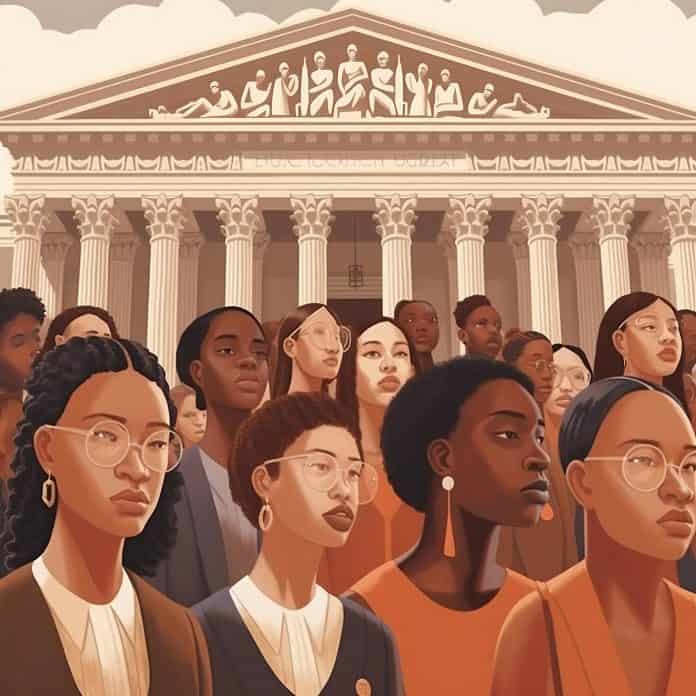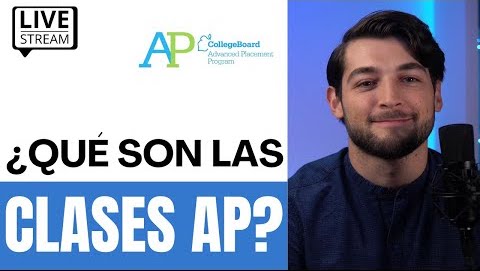Table of Contents
Introduction:
Recently, the Supreme Court has issued a ruling that prohibits the consideration of race in the admissions process at universities such as Harvard and the University of North Carolina. This decision, related to affirmative action, has generated a great impact and raises important implications for access to higher education.
In this article, we will delve into the context of this situation and analyze the possible consequences it could have, especially for immigrant mothers with children in middle and high school. We will explore how this decision affects admissions programs, student diversity, and equitable access to higher education. In addition, we will provide information and resources to help you navigate these changes and support your children on their path to college.
Supreme Court ruling:
The Supreme Court's ruling states that race-conscious admissions programs at universities such as Harvard and the University of North Carolina are unconstitutional. The court's conservative majority argued that these programs employ race in a negative way and perpetuate racial stereotypes, which violates the Constitution.
Implications for higher education:
This ruling will have a significant impact on the admissions policies of elite universities. The decision could lead to a rethinking of admissions processes across the country. Colleges will likely look for new ways to evaluate applicants and consider other aspects, such as admissions essays, to allow students to discuss their racial and ethnic backgrounds.
In addition, this ruling could set a precedent that affects diversity efforts in the corporate arena. The elimination of the consideration of race in higher education could lead to a questioning of diversity programs in the corporate world.
Reactions and perspectives:
President Biden expressed his disagreement with the Supreme Court's ruling and stressed that the country cannot allow this decision to be the "final word" on the issue of affirmative action. The President addressed the Education Department to analyze practices that can foster a more inclusive and diverse education.
On the other hand, dissenting voices, such as Justice Sonia Sotomayor, expressed their profound disagreement with the court's decision. Sotomayor pointed out that the decision perpetuates racial inequality in education and jeopardizes the foundations of our pluralistic and democratic society.
The way forward:
In this new scenario, it is important for immigrant mothers with children in middle and high school to be informed and prepared to face the changes in the college admissions process. Although affirmative action may be limited, there are still other avenues and opportunities for students to gain access to higher education.
It is critical that mothers and their children understand the importance of highlighting other aspects of their academic and personal background on admissions applications. Admissions essays and extracurricular activities can be a way to demonstrate individual challenges and achievements, and colleges will still be able to consider how race has affected a student's life.
In addition, it is essential to investigate other funding and scholarship options available, as these programs are not directly related to affirmative action. There are numerous scholarships and financial aid opportunities based on academic merit, special talents and personal background that can still make a difference in the admissions process.
Conclusion:
The Supreme Court's ruling on affirmative action in higher education has significant implications for immigrant students and mothers. Despite this change, it is important to remember that there are still opportunities and pathways to higher education. We encourage mothers to be informed, explore other financing and scholarship options, and provide support for their children as they navigate the college admissions process.
Free Presentation
If you want to learn tips or are interested in becoming a member of Best College Aid, I invite you to sign up to watch our free presentation of the 6 tips for going to college on scholarship.







